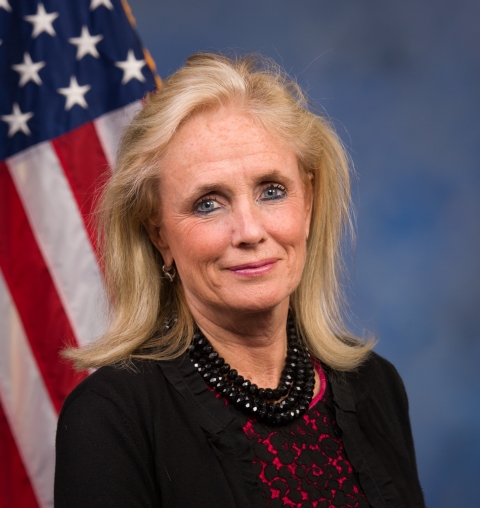If President Obama had socked Michigan with a one-two punch of higher taxes and steel tariffs, Republicans would be licking their chops about 2018.
The GOP playbook of running against a tax-’n’-spend liberal president who just knifed the domestic auto industry practically writes itself.
But it’s actually a Republican president — the first to win Michigan in three decades — who’s pushed this rather bizarre economic agenda.
Last week, President Trump angrily announced tariffs on steel and aluminum, shocking many conservatives and ultimately leading to the resignation of economic adviser Gary Cohn.
We’ve seen this movie before. When President George W. Bush tried steel tariffs in 2002, every state lost jobs. That confirmed for most fiscal conservatives that protectionism, even in small doses, is a bust. As the home of GM and Ford, Michigan was one of the hardest hit, shedding almost 10,000 jobs.
The leading GOP candidates for governor are both running hard on the economy. Lt. Gov. Brian Calley is selling himself as the right person to continue the “Michigan’s comeback” since the Great Recession. And Attorney General Bill Schuette is pitching a “Paycheck Agenda.”
Trump’s tariffs could sour both their plans, but so far, Schuette and Calley have been awfully quiet about this.
The auto industry is far from the only one that will be affected. Aluminum tariffs will squeeze beer and soft drink makers, particularly smaller craft brewers, many of which make their home in Michigan.
If you think this isn’t going to be a big deal here, consider the fact that Michigan’s beer tax hasn’t been raised in more than 50 years. And any time a politician proposes doing so, the idea dies within days, if not hours.
While soda taxes have gained some currency in cities as a way to combat obesity, good luck making that case in Michigan. Last year, Gov. Rick Snyder signed a law banning local governments from taxing pop (even though Republicans supposedly love local control, at least when it’s ideologically convenient).
Naturally, other countries quickly vowed to retaliate against the United States. The European Union wants to raise tariffs on bourbon, which basically means anything you try to drown your financial sorrows in will end up costing you more now.
But no worries. Trump tweeted that “trade wars are good, and easy to win,” demonstrating, once again, his grade-school-level grasp of economic policy.
At least when Bush started his ill-conceived trade war, it was after he signed a tax law giving almost every American a tax rebate.
Trump has taken a different tack. The 2017 tax law does achieve the Republican Party’s greatest priority, slashing taxes for the rich and big corporations. But its tax relief for middle-class and lower-income families is modest at best. The law also eliminates some big deductions so many will actually owe more to the IRS.
One of those deductions is the personal exemption, which is $4,000 in Michigan. That amounts to a pretty hefty tax increase, so the Michigan Legislature and Gov. Rick Snyder scrambled to restore and increase it over time, so the GOP could run on a tax cut.
Republicans were careful not to criticize the president or GOP-controlled Congress, just as they would have done if Democrats were in charge (snort).
I mean, Schuette is still running against Jennifer Granholm as the Ghost of Tax Hikes Past, even though she hasn’t been in charge since 2010 and had GOP help in passing the ‘07 income tax increase.
And because Schuette keeps pushing this misleading narrative, I’m going to keep pointing out that Republicans have been in complete control of Michigan’s government for more than seven years. Instead of killing the income tax, they enacted in 2011 a $1.4 billion tax hike on individuals to help pay for an almost $2 billion corporate tax cut.
Between taxes and tariffs, Trump hasn’t done the GOP any favors in the 2018 election in Michigan.
But if worse comes to worse, they can always go back to the tried-and-true tactic of blaming Obama. And remember, anyone who points out actual facts to the contrary is just peddling “fake news.”
Susan J. Demas is Publisher and Editor of Inside Michigan Politics, a nationally acclaimed, biweekly political newsletter. Her political columns can be found at SusanJDemas.com. Follow her on Twitter here.



